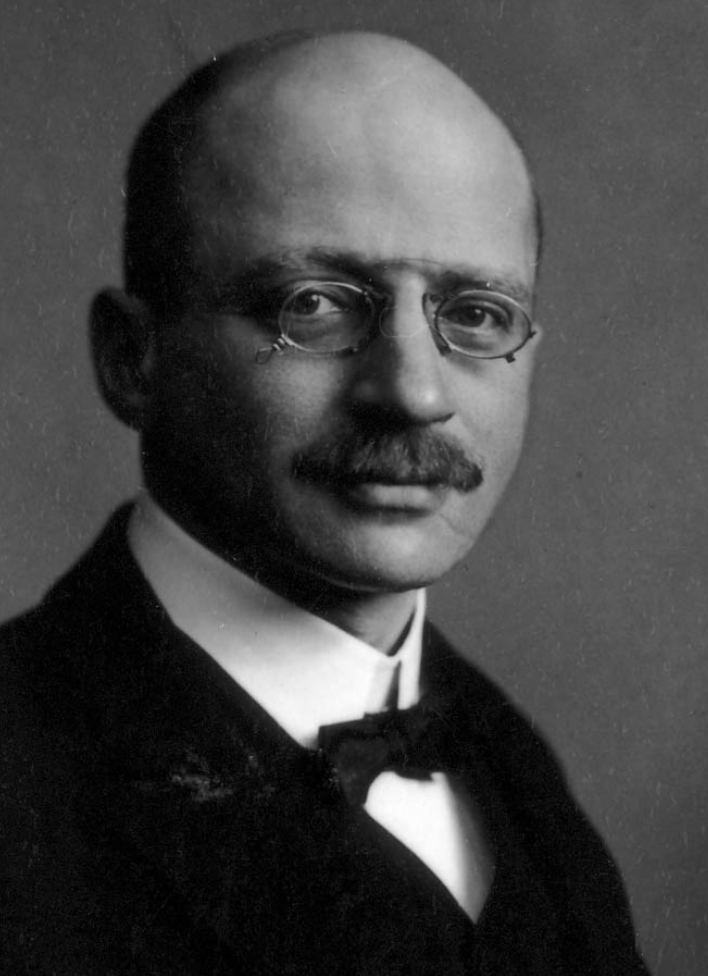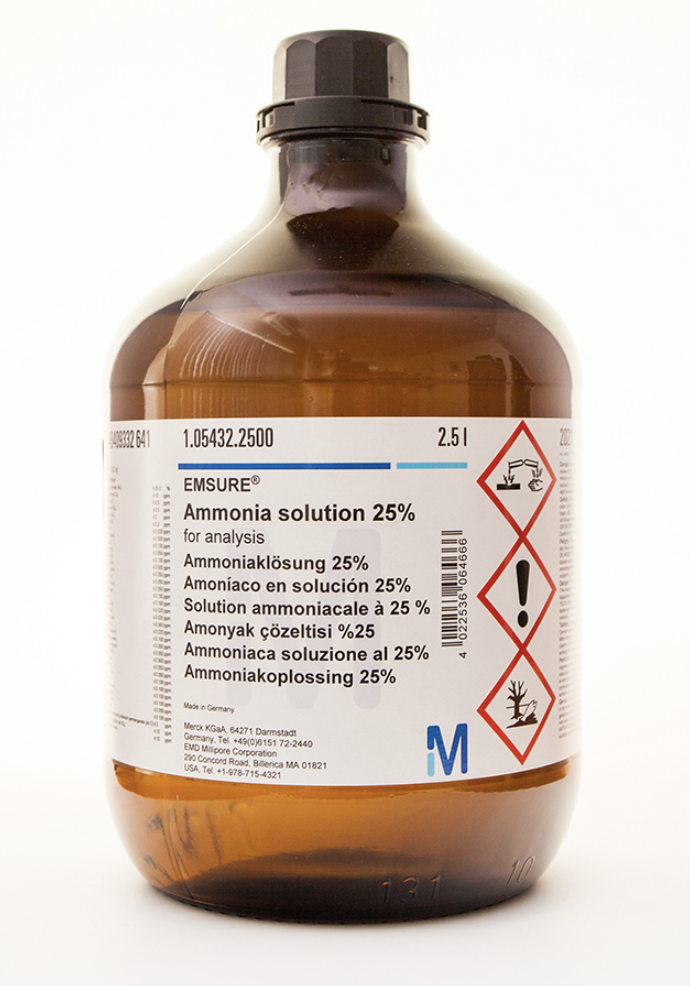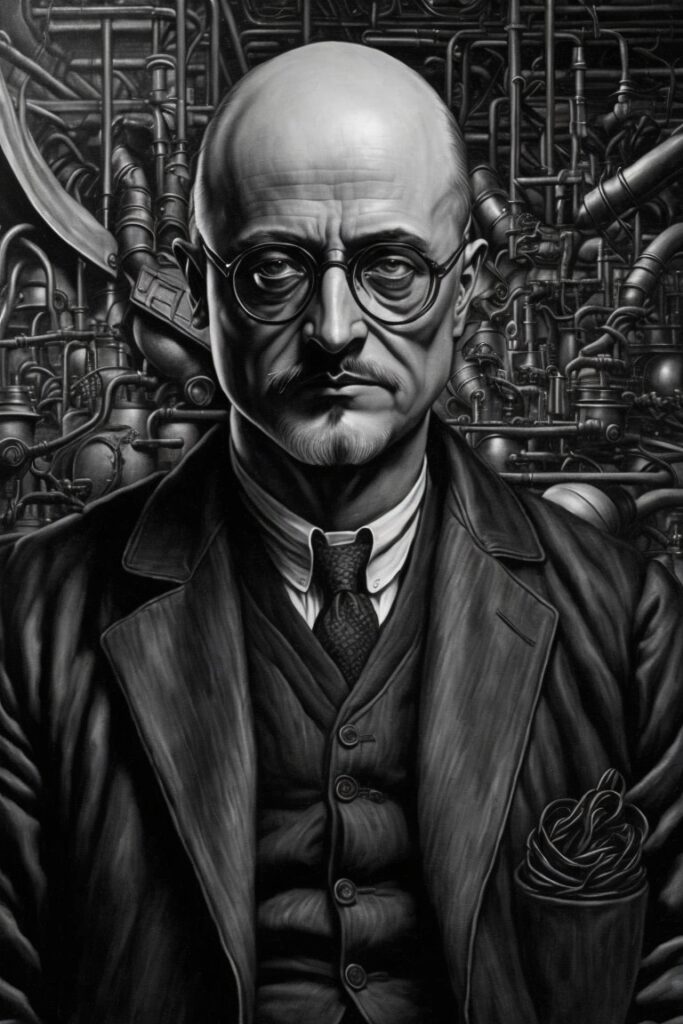
The German Empire is truly a fascinating story on its own with great diplomatic leaders such as Otto Von Bismark uniting the German land under one banner and through this advancement the German Empire was the most powerful empire in continental Europe. With this the German identity united there were various researchers and scientists sharing their ideas while developing the best of theories and solutions found on earth at the time. One such scientist was Fritz Haber, a geniuss and a patriot. He is the man and the reason behind the existence of half of the world, I know a big claim.

Fritz Haber was born to a German Jewish Family where his mother soon died after his birth, and he did not have a strong attachment with his father but his father’s successful importing business in dyes and pigments grew a strong interest in the eyes of a young Fritz. Later he started his educational journey at a local gymnasium (German school is called that) but then went to various other universities before he achieved his doctorate from the University of Berlin (🔬). Later he became a full professor in 1906 and then 5 years later in 1911 he headed the Kaiser Wilhelm Institute for Physical Chemistry and Electrochemistry but resigned in protest in 1933 after the Nazi Race Laws [2]. Before the Institute Fritz successfully completed two research projects but the third one would change the world as this was how he would feed half of the Earth. The molecule, ammonia that has a pungent smell with a weird colour has been directly linked to the food that more than 4 billion people eat, because this molecule is most common fertilizer that has increased food production and enabled huge amount of growth in population.
You see plants need nitrogen even though the atmosphere is 78 percent nitrogen by volume, this nitrogen is unavailable to plants unless it is first “fixed” in the form of a water-soluble compound, such as ammonia (or other nitrates) this happens naturally but slowly. Fritz successfully demonstrated the creation of ammonia which now is the reason why 4,000,000,000 people have food. Another chemist named Carl Bosch made this applicable to industrial usage. Both Fritz in 1918 and Bosch in 1931 [3] received a Nobel Prize for their efforts on creating the Haber-Bosch Process.


During the World War I Fritz blindly dedicated 4 years (1914-1918) of his life to creating explosives and poisonous gases for the German Empire during the war. Ammonia as it turns out is key not only to fertilisers and food production but also to the synthesis of nitrates and other explosives essential to modern warfare. Soon after by the use of chlorine the first poisonous gases was released in Ypres, France, on the 22nd April 1915. Sadly a mere 10 days after his beloved wife and a fellow chemist Clara Immerwahr committed suicide on the 2nd of May 1915 by a gunshot to the chest. Fritz Haber was critiqued by the entire scientific community but the fact that British, French, and American chemists were more than willing to develop poison-gas agents and explosives for their own governments and their crimes were swept under the rug and this difference is not a highlight that can be missed. Later after the war Fritz became somewhat popular and started doing lectures but the patriot in him did not die as his unsuccessful experiments (1920–26) in extracting gold from seawater in order to pay Germany’s war debt and his proposal.
His dedication to his land ended with the rise Fascism in Germany where he resigned his posts and this was followed by a 4m-onth exile while researching the University of Cambridge but then while he was en route to Palestine, he died of a massive heart attack in Basel, Switzerland 1933. His second wife divorced him six years before in 1927 and his son from this wife Ludvig Haber became a famous economist and historian of industrial chemistry. In 1986 he published The Poisonous Cloud, which presented a clear history of the use of gas warfare during World War I which was feuld by no one else but his father.
Fritz Haber’s life was a testament to dedication, scientific brilliance, and somber sacrifice. His relentless pursuit of knowledge led to groundbreaking achievements, yet his loyalty to his nation tarnished his legacy. Haber’s unwavering commitment to his country took a toll on his personal life and morality. His story serves as a reminder of the complex interplay between scientific achievement, national loyalty, and the profound impact they can have on the human conscience. His advancements in chemical agriculture feed half of the world but his advancements in modern warfare led to millions of casualties a story which is, was and will be perplexing for decades to come.

[1] Otto Von Bismark was a german diplomat who is credited with the german unification and is well known to be one of the most popular diplomats to ever live.
[2] The Nazi Race Laws were antisemitic laws that were enacted as the Nuremberg Laws in 1935.
[3] Carl Bosch received the Nobel Prize belatedly, a whole 20 years after his efforts.
[4] He went to discuss the prospects for a position with the Daniel Sieff Research Institute.
Britannica Encyclopaedia, Fritz Haber
2 Last Image was produced through Leonardo.ai
